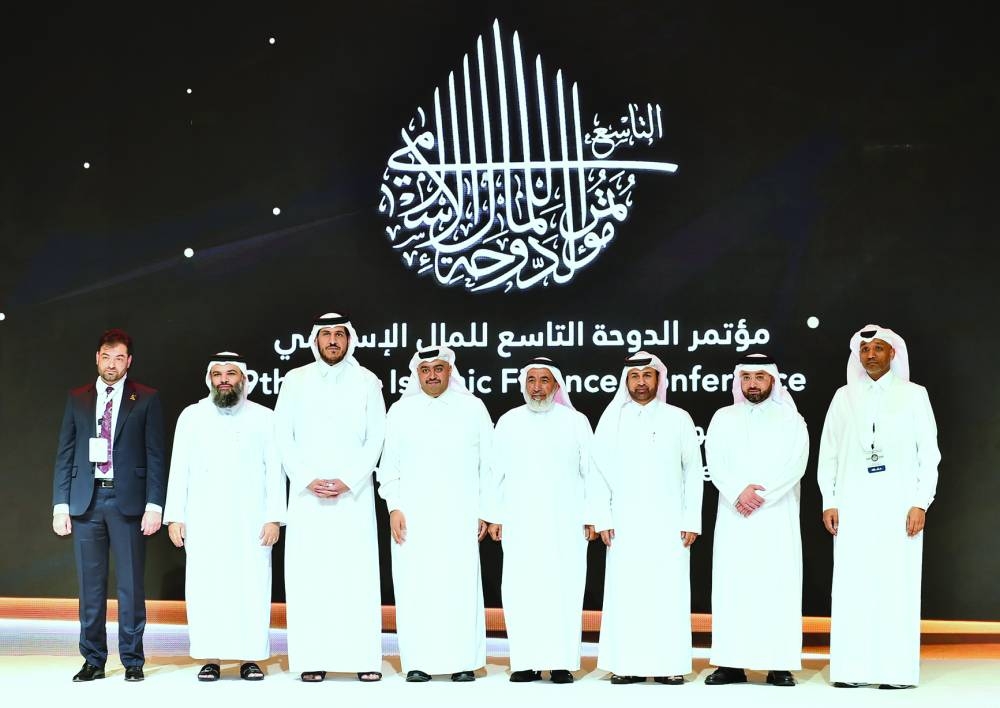The ‘9th Doha Islamic Finance Conference’ has recommended the leveraging of the Metaverse to propel the expansion of Islamic banks into wider markets and tap other growth drivers.
The conference, which was held in Doha recently, concluded with a set of objectives and recommendations based on presentations and discussions of four main themes: ‘Islamic Finance in the World of Metaverse’, ‘RegTech and SupTech in Islamic Finance’, ‘Cross-border Finance and its Impact on Islamic Finance’, and ‘Sustainability in Digital Finance’.
Leading scholars, academics, and specialists participated in the conference, which also witnessed discussions and interventions that led to the following objectives and recommendations:
Financial transactions in the virtual world with underlying blockchain technology do not, in principle, conflict with the rulings of Islamic jurisprudence, when the guidelines related to the contract and the transfer of ownership are adhered to in what people consider valuable wealth in the forms of virtual assets or cryptos, as well as the contract shall have its pillars and conditions, and shall be free from the legal impediment or legal violations.
To control financial transactions in the world of the Metaverse, it is necessary to adhere to contractual, legal and ethical controls, and special controls related to contracts so that their effects are real, and that their place is something real, even if it is not tangible, in addition to precise technical controls to prevent all types of crimes related to honour, money, and privacy; Islamic banks are urged to leverage metaverse technology to expand into new markets and sectors in order to increase their growth opportunities. They are also advised to adopt regulatory technology applications to enhance transparency and compliance, and improve their overall performance, enabling them to achieve greater competitiveness.
Endowment institutions are urged to create virtual spaces for the endowment to introduce it, its history, its roles, and everything related to it in theory and practice, and to arrange global dialogues about developing its tools and activating its products through these spaces.
Islamic endowment institutions should be encouraged to integrate metaverse-based solutions into their operations to streamline the collection and management of endowment funds with transparency and high efficiency.
The effective use of technology can enhance the chances of achieving the goals of endowment and social financing institutions, while scholars and practitioners should intensify co-operation to design virtual products and services that comply with Islamic law. This will accelerate the use of technology by Islamic financial service providers and enable joint efforts to create smart applications that provide financial solutions for the Islamic lifestyle as an alternative to usurious applications offered by technology giants.
Artificial intelligence techniques and virtual reality applications can be utilised to develop Shariah governance mechanisms in Islamic financial institutions. It’s important to emphasise the need for co-operation between competent authorities to create unified standards for supervisory and control technology in Islamic financial institutions.

HE the Minister of Commerce and Industry Sheikh Mohamed bin Hamad bin Qassim al-Thani is joined by dignitaries during the ‘9th Doha Islamic Finance Conference’ held in Doha recently.

